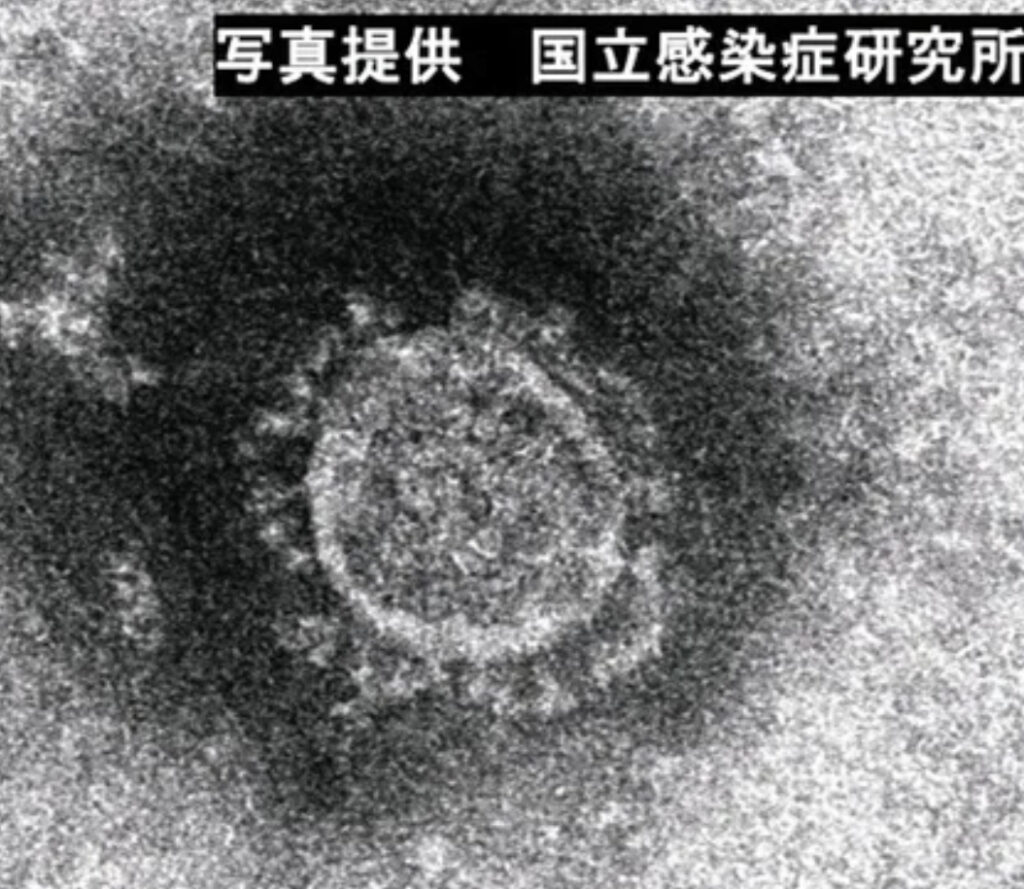
コロナ重症化リスク、最も低いのはO型
✍️記事要約
日本人で、新型コロナウイルス感染症の重症化リスクを高める遺伝情報の特徴を発見したと、慶応大などの研究班が17日、発表した。
慶大や東京医科歯科大などは昨年5月、研究班「コロナ制圧タスクフォース」を結成。全国100以上の医療機関から、患者3400人以上の血液などを集めて遺伝情報を解析した。感染したウイルスは、従来型が中心とみられる。
65歳未満の重症患者440人と一般人2377人を比べた結果、「DOCK2」という遺伝子の近くで、遺伝情報に一定の違いがあると、重症化リスクが2倍になることがわかった。DOCK2は免疫に関わる遺伝子で、この違いは日本人の約2割が持つという。
研究班は血液型別の解析も実施。重症化リスクはO型が最も低く、A型とB型はその約1・2倍、AB型は約1・6倍だったという。理由ははっきりしていない。
重症化のしやすさは遺伝情報だけでなく、肥満や基礎疾患、ウイルスの変異なども影響する。
東京農工大の水谷哲也教授(ウイルス学)の話 「新型コロナだけでなく感染症全般の重症化に関係する可能性もあり、知見を集めておくことは重要だ」
■英訳
A research team from Keio University and other institutions announced on the 17th that they have discovered genetic traits in Japanese people that increase the risk of severe illness from COVID-19.
Last May, Keio University, Tokyo Medical and Dental University, and others formed the "COVID-19 Task Force" research team. They collected blood and other samples from over 3,400 patients from more than 100 medical institutions nationwide and analyzed their genetic information. The virus that infected these patients is believed to be primarily the original strain.
The study compared 440 severe patients under the age of 65 with 2,377 general individuals and found that certain genetic differences near the "DOCK2" gene doubled the risk of severe illness. DOCK2 is a gene involved in immunity, and about 20% of Japanese people have this genetic difference.
The research team also conducted an analysis based on blood type. They found that the risk of severe illness was lowest for blood type O, about 1.2 times higher for blood types A and B, and about 1.6 times higher for blood type AB. The reason for this is not clear.
The susceptibility to severe illness is influenced not only by genetic information but also by factors such as obesity, underlying health conditions, and viral mutations.
Professor Tetsuya Mizutani of Tokyo University of Agriculture and Technology (virology) commented, "Collecting knowledge is important as it may relate to the severity of not only COVID-19 but infectious diseases in general."
